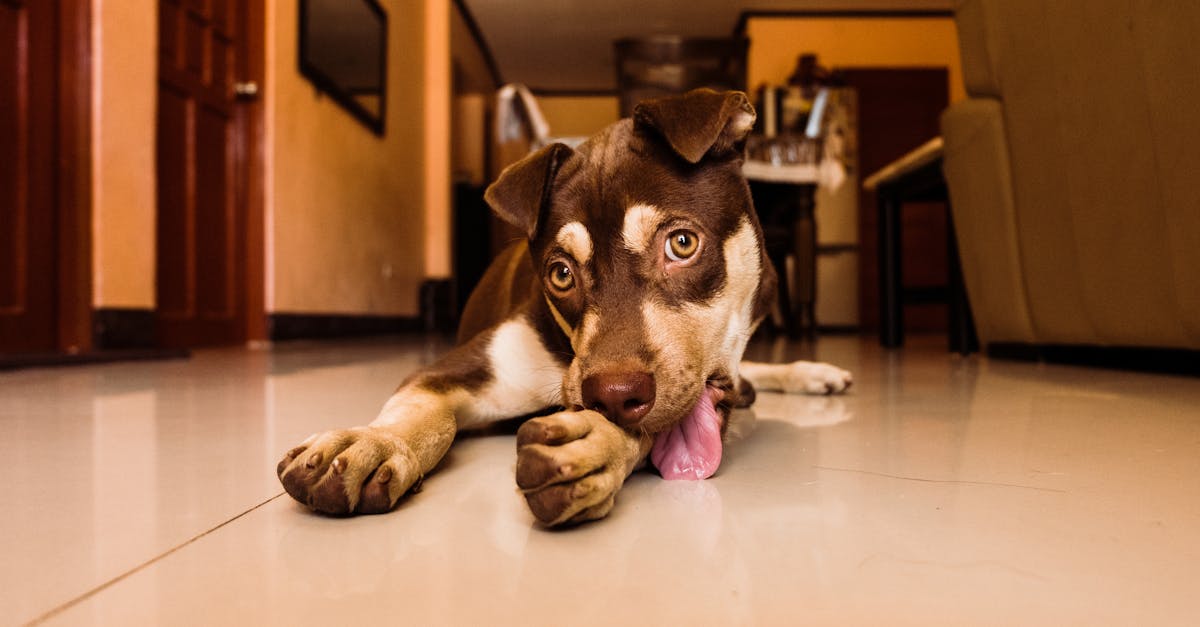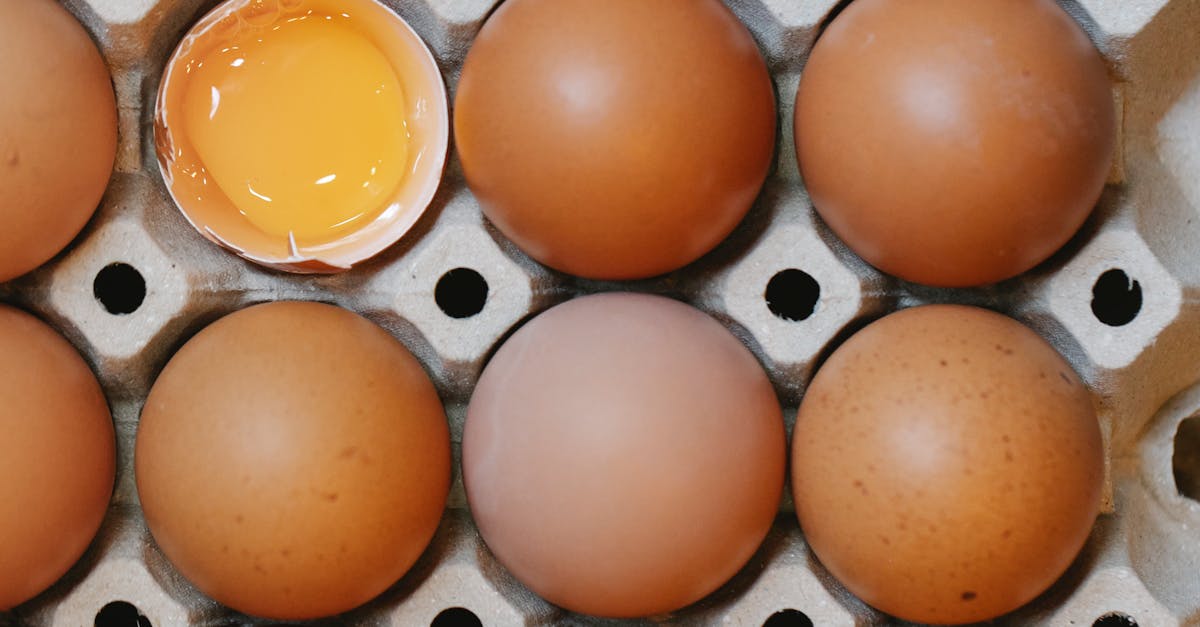
Why Do Dogs Constantly Lick Their Paws
- October 03, 2024
- 3 min Read
- Views 461
Why Do Dogs Constantly Lick Their Paws?
It's not uncommon to see a dog engaged in the seemingly endless task of licking its paws. As endearing or amusing as it might seem at first, this behavior can sometimes raise concerns among pet owners. Understanding why dogs constantly lick their paws is crucial in ensuring their health and well-being.
Behavioral Reasons
One of the primary reasons dogs might constantly lick their paws is due to behavior. Just like humans, dogs can develop habits driven by stress, anxiety, or boredom. Repetitive actions, such as paw licking, can provide comfort and relieve stress for your furry friend.
When dogs are left alone for extended periods or lack stimulating activities, they might resort to licking as an outlet. It becomes a coping mechanism to deal with the lack of interaction or exercise.
Allergies and Irritations
Another significant reason for paw licking is allergies or irritations. Dogs, just like humans, can be allergic to various environmental factors such as pollen, dust mites, or chemicals used in cleaning products. When exposed, they might experience itchiness, particularly in their paws, leading to constant licking.
Food allergies can also contribute to this behavior. If your dog's diet includes allergens, it might result in inflammation or irritation around the paws, prompting your dog to lick incessantly. Observing any dietary changes or new environmental exposures can help pinpoint the cause.
Medical Concerns
Persistent paw licking can also be a sign of underlying medical issues. Skin conditions like dermatitis or fungal infections are common culprits. When faced with conditions affecting their skin, dogs naturally lick to soothe irritation or control spreading infections.
Additionally, pain resulting from musculoskeletal issues such as arthritis or wounds might cause dogs to focus their licking on painful areas. Your dog’s reaction might intend to numb the region or remove irritants, like a splinter or thorn.
Guide to Addressing Paw Licking
Understanding the root cause of your dog’s behavior is essential. Here’s a simple step-by-step guide to help address instances of paw licking:
- Observation: Monitor your dog's paw-licking frequency and context. Is it after a walk, meal, or exposure to certain environments?
- Check for Physical Ailments: Examine your dog's paws for cuts, swelling, or unusual signs indicating infections or irritants.
- Dietary Evaluation: Review your dog’s diet for potential allergens. Consult a vet for an allergy test if necessary.
- Behavioral Changes: Introduce interactive play and exercise to alleviate boredom or anxiety-driven behaviors.
- Consult a Veterinarian: If issues persist, seek professional advice to determine if there's a medical condition involved.
FAQs about Dog Paw Licking
- Can paw licking be harmful? Yes, excessive licking can lead to sores, infections, or increase stress. Addressing the cause is essential.
- Is this behavior common in all dogs? While many dogs may lick their paws occasionally, constant licking warrants investigation.
- Is it safe to use over-the-counter treatments? Consult your vet before using treatments, as they might exacerbate the issue or cause allergies.
Tags
#DogBehavior #PawLicking #DogHealth #PetCare #DogAllergies #CanineAnxiety
References
For more detailed insights into dogs' licking behavior, you may check the following resources:
People Also View
-
1October 03, 2024
-
2October 13, 2024
-
3October 01, 2024
-
4October 01, 2024
-
5September 30, 2024
Categories
- Near Me 2147 Posts
- How To 548 Posts
- Where To 257 Posts
- Why 90 Posts
- How Much 97 Posts
- Travel 202 Posts
- Food And Drink 815 Posts
- Shopping 797 Posts
- Lifestyle 1050 Posts
- Automotive 364 Posts
- Digital Income 70 Posts








